
Milestones Overview: 10 Months
At 10 months old, you will start to notice a much more active and expressive baby! The once still baby who would play…
Discover the key milestones of physical, cognitive, linguistic and socio-affective child development and understand the science behind child development.
Discover the key milestones of physical, cognitive, linguistic and socio-affective child development and understand the science behind child development.

At 10 months old, you will start to notice a much more active and expressive baby! The once still baby who would play…

At 5 to 6 months, your baby is rapidly growing and discovering the world around them, because at this age they absorb information…
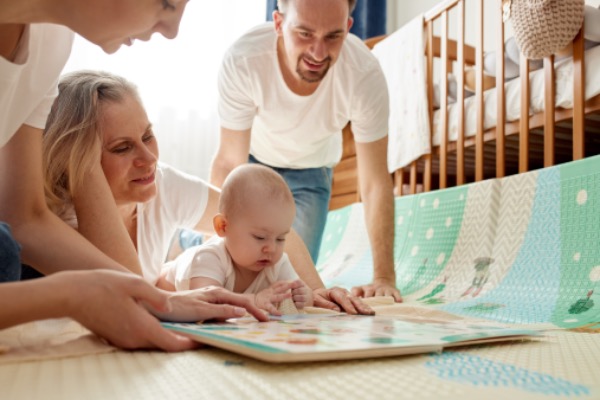
Reading with your 3-4 month old might seem more like a one-sided conversation right now, but those tiny ears are soaking in every…

When it comes to reading with your 2-3-month-old, you might wonder how much of an impact it really has. After all, at this…

You probably know that reading to babies is important, and you may have heard that starting earlier is better. But if you’ve ever…
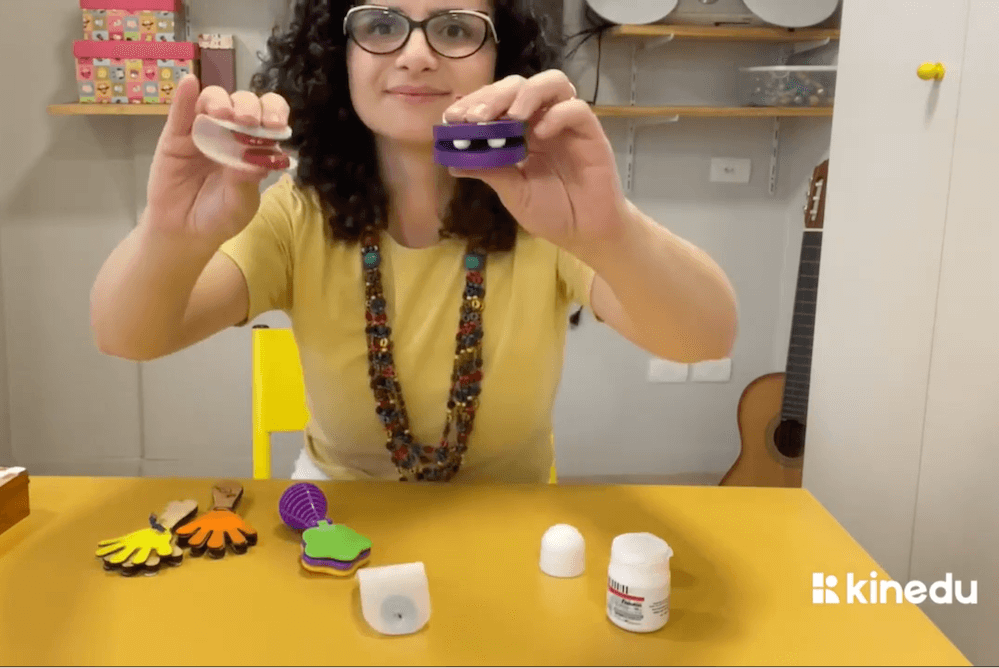
Music can help in the development of children’s language, cognitive, and emotional skills. Learning to play a musical instrument can also improve motor…

By eight months, your baby has developed some motor skills and is starting to gain control over their movements. Check out some ideas…
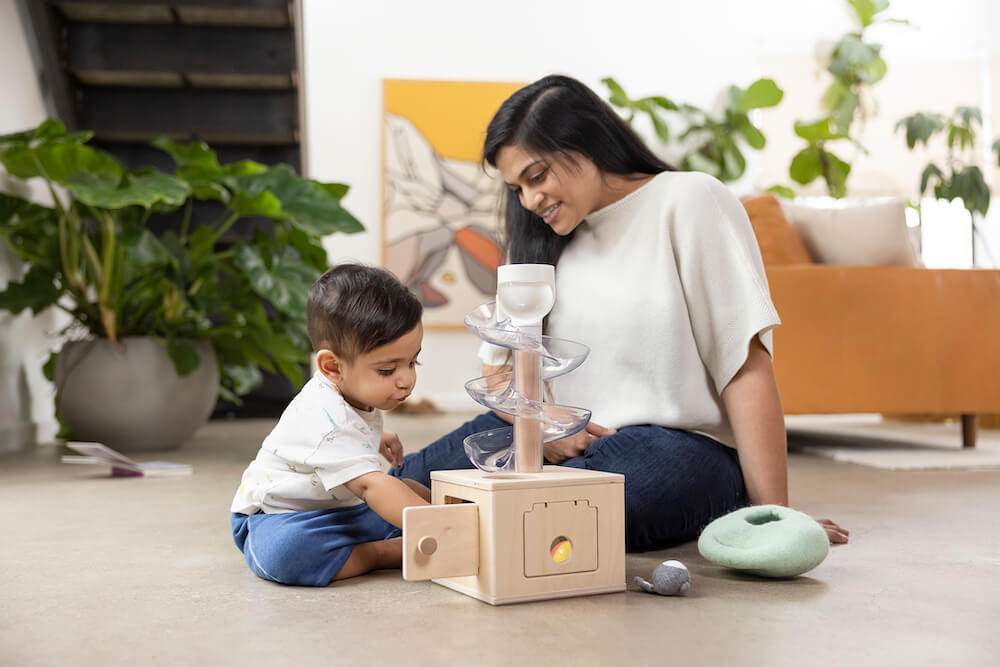
Playtime is not just for fun but also for learning. Cause and effect toys are among the most educational and beneficial toys for…

Did you know that playing is much more than just having fun? Thanks to educational activities, children develop important physical, cognitive, linguistic, social…

Bedtime stories for babies are an essential activity in early parenting due to their positive effects on their vocabulary development. Out of the…

Body parts activities for kids help them develop body awareness in a fun and age-appropriate way. It is important to foster body awareness…
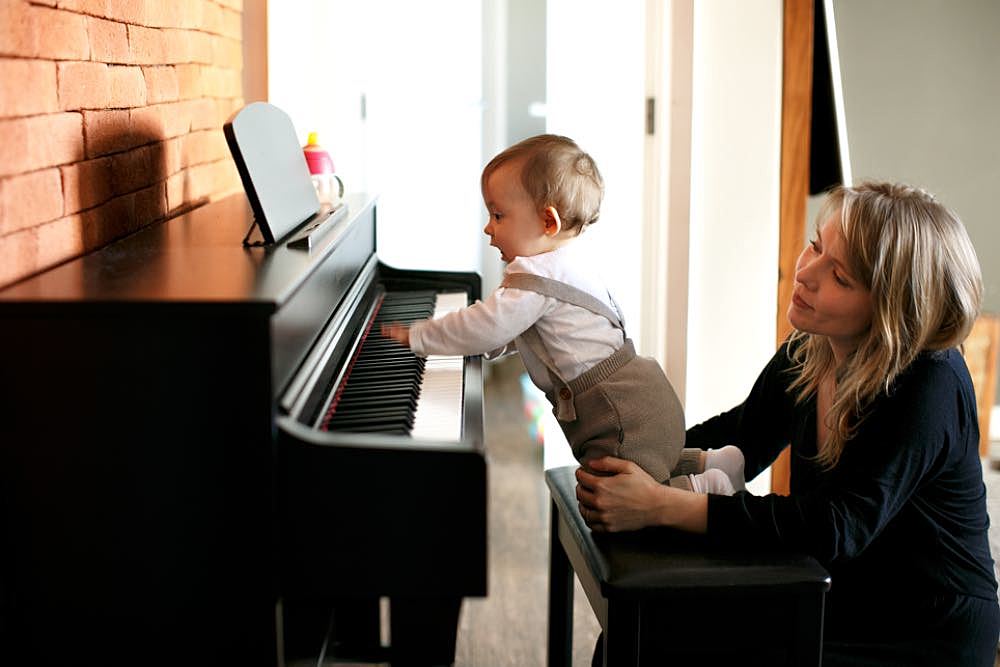
Learn how music education for children helps in skill development and why these musical moments can bring countless benefits to parents and their…
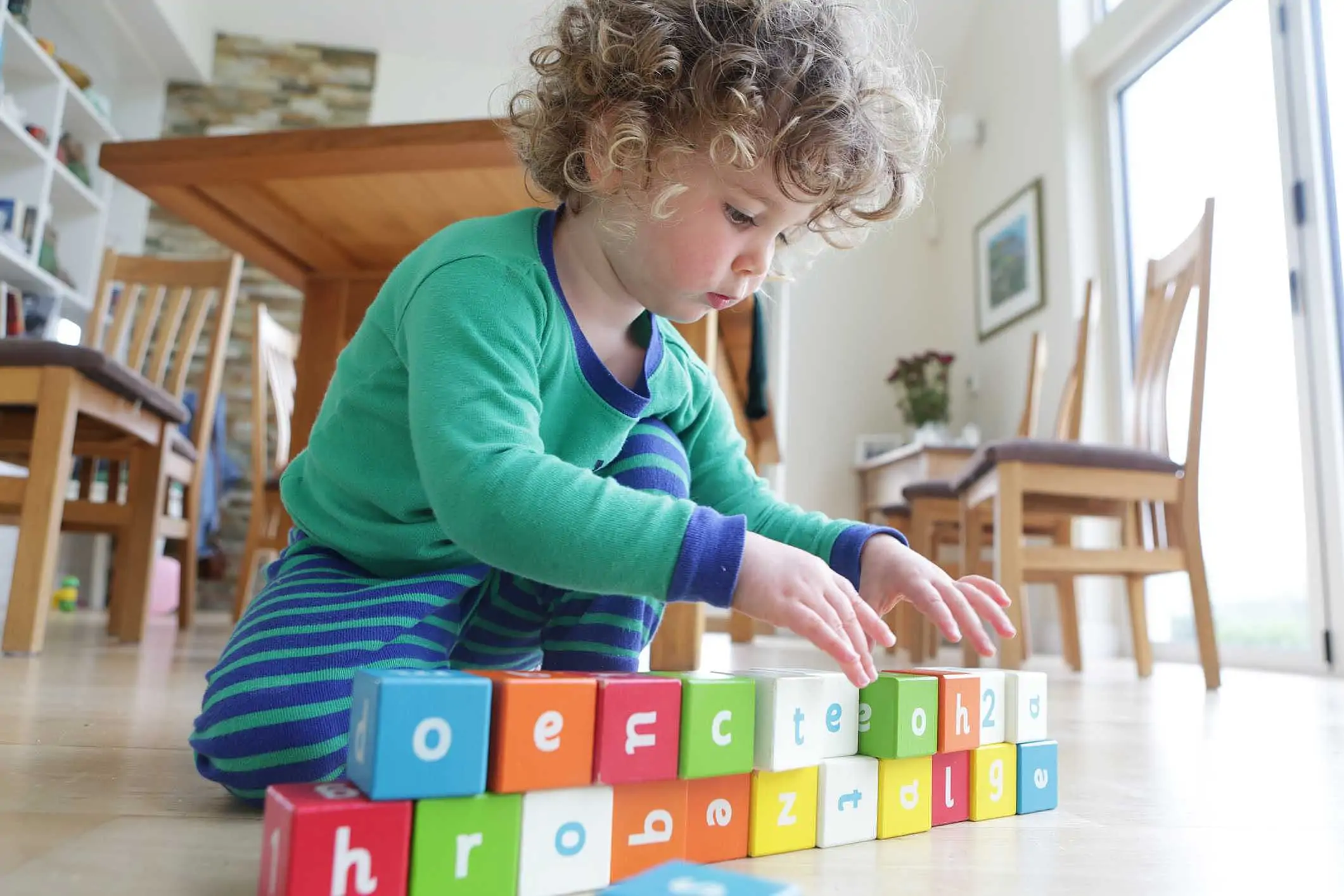
Learning activities for children work as stimuli to achieve educational objectives. Thus, they enhance your child’s development in a fun way, in addition…
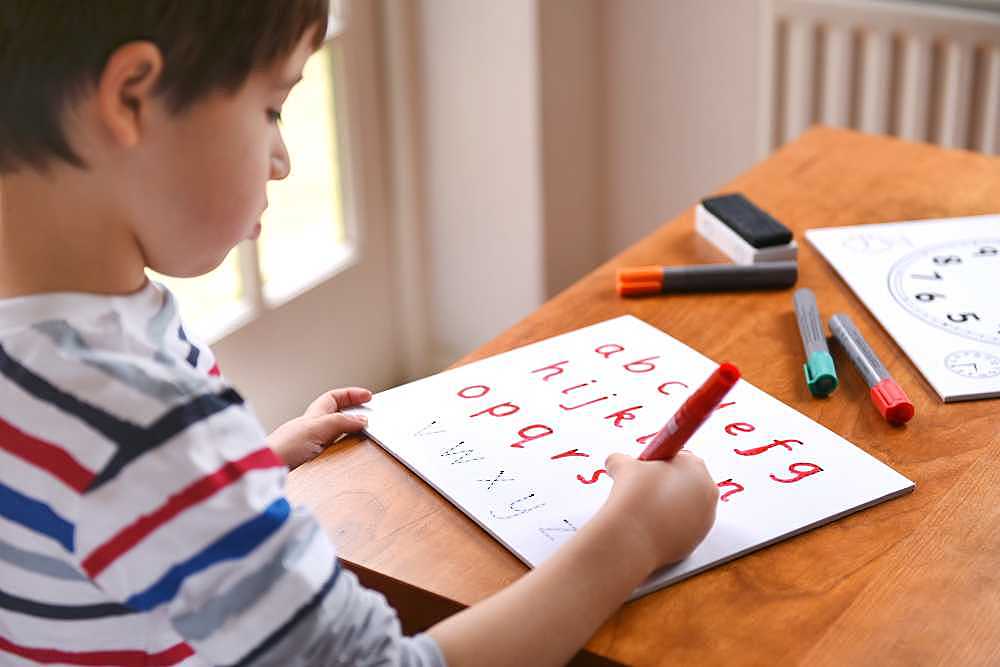
The family makes a big difference in the literacy process of the little ones. Therefore, it is worth doing literacy activities for preschoolers…
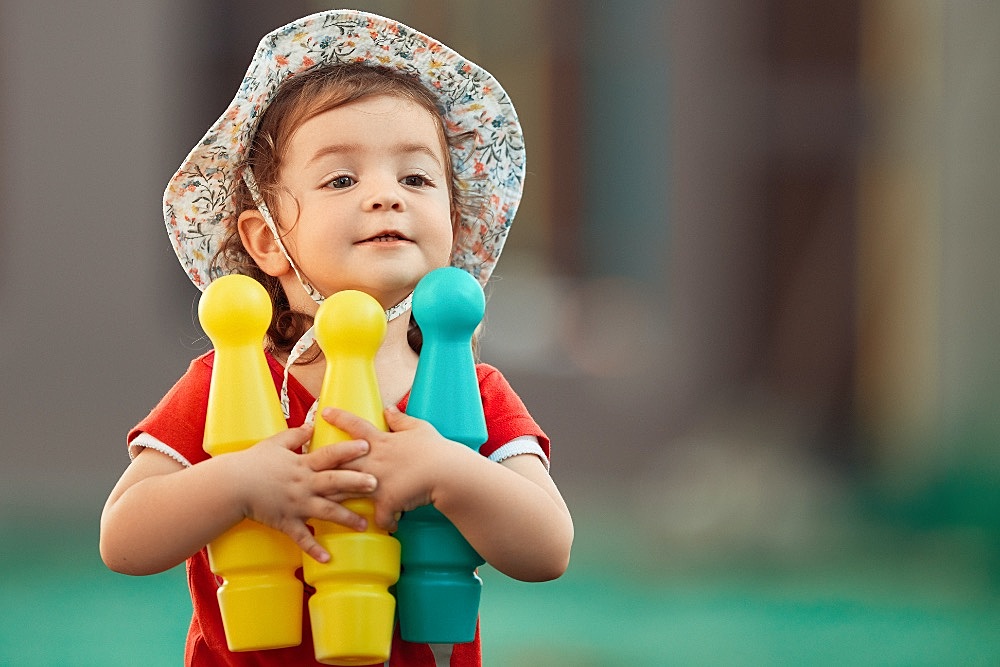
Math can be so much fun! Learn about 7 math activities for preschoolers and help them become familiar with number concepts. Math is…

Activities for 5-year-olds help develop their cognitive, social, emotional, physical, and language skills. All while having fun as a family! In early childhood,…
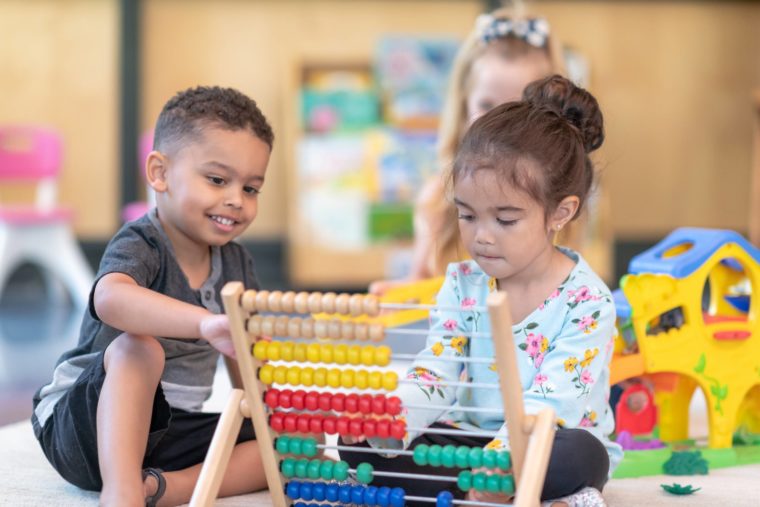
Cognitive flexibility activities are an essential part of a child’s development and education. Cognitive flexibility is the ability to see situations from different…
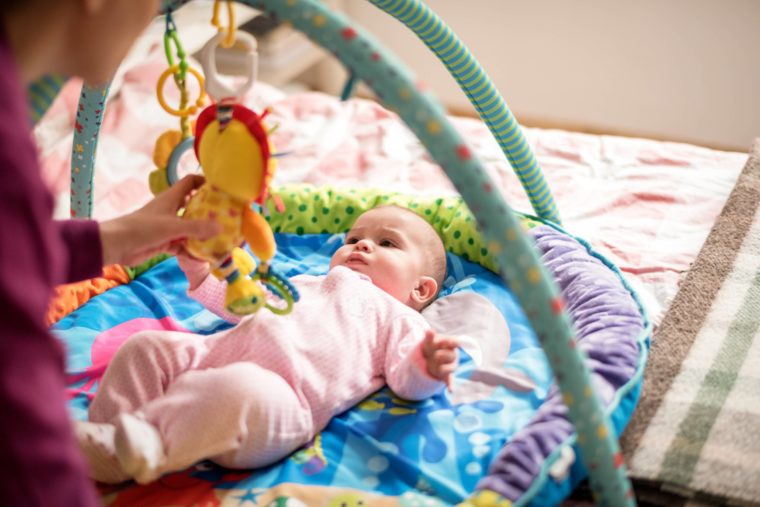
Here you have five activities to do with a 4-month-old baby that you can try at home, as well as some of the milestones…

Did you know that when children learn colors, they also work on a variety of skills? That’s right! By teaching them about colors,…
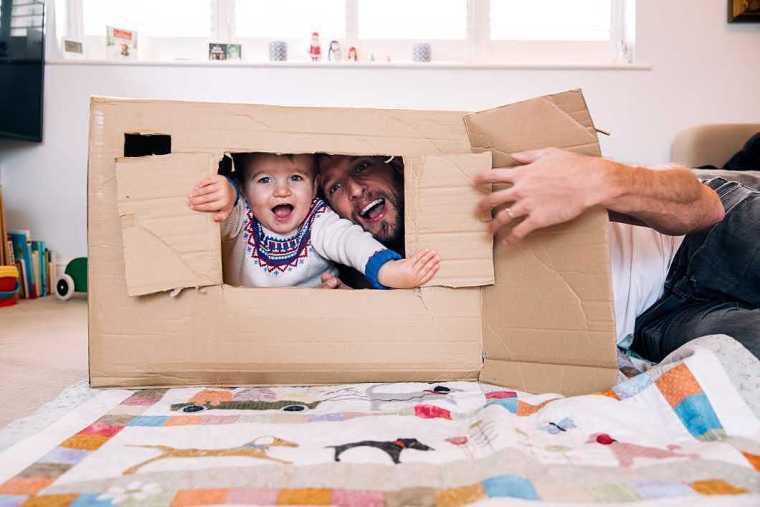
Play activities for kids are very important for their development. Therefore, they should be designed to foster skills, as well as to amuse…

Whether you are already familiar with the term mindfulness, or the concept of mindfulness is new to you, this practice is an important…